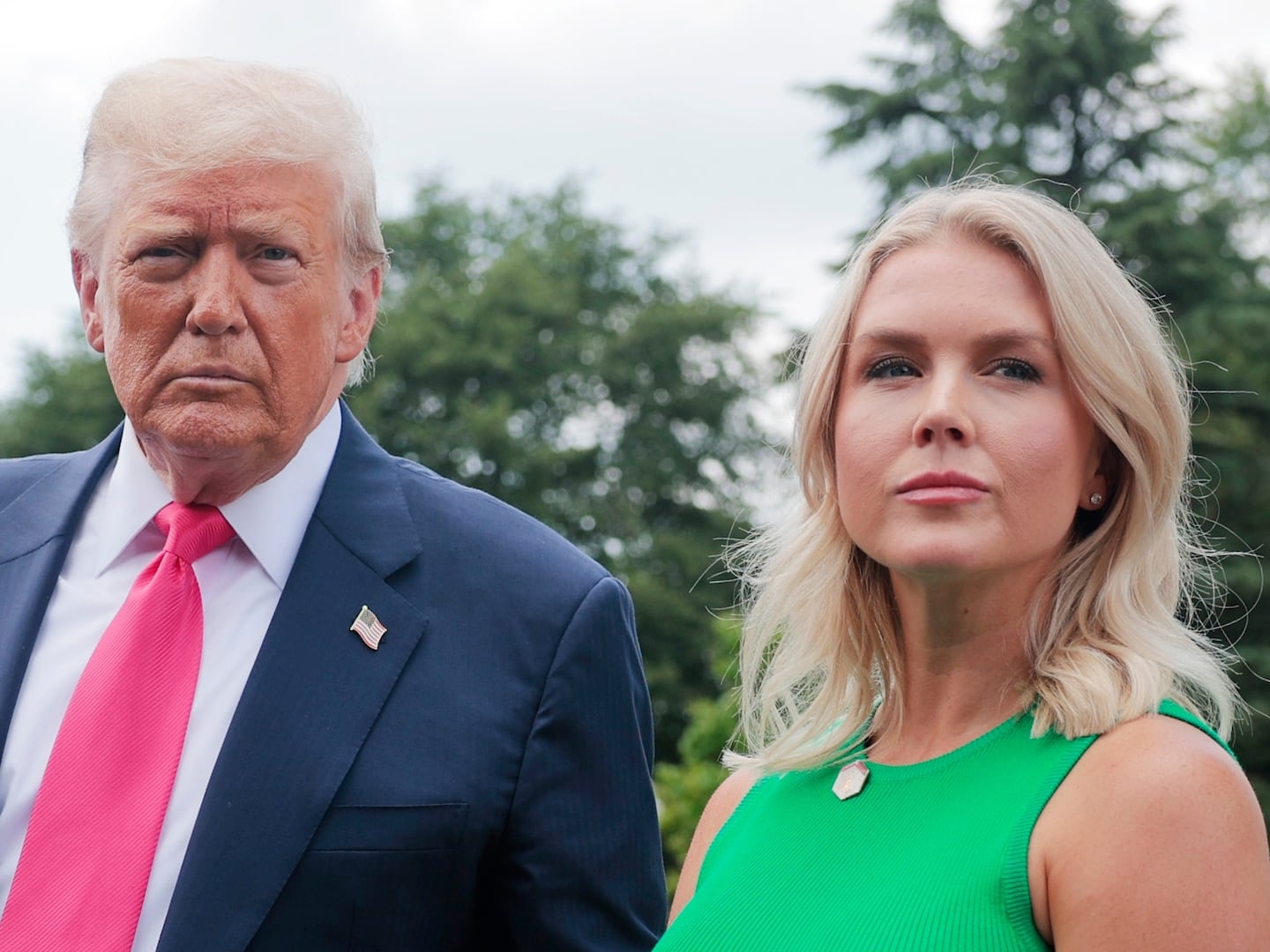With Queen Bey herself as their opening act, Common and John Legend brought their politically aware Selma anthem “Glory,” to their biggest stage yet: The Grammys.
Backed by strings and a choir, and introduced by Beyoncé-gone-gospel, the Academy Award-nominated duo performed their civil rights opus for a global televised audience of tens of millions just two weeks before they perform at the #WhiteOscars, where Ava DuVernay’s Best Picture-nominated Martin Luther King Jr. biopic is otherwise shut out of the majority of nominations.
The timely single was born when DuVernay tapped Common, who plays activist James Bevel in the film, to pen a theme song for Selma. He called Legend, with whom he’d previously collaborated on 2010’s socially-conscious "Wake Up Everybody."
“I gave him three titles and ‘Glory’ was one of them,” Common told The Daily Beast. “He wrote his part on piano, and when I got the music back I knew I wanted to capture and honor what the people of the civil rights movement had done. I also wanted to make it present, because I recognized this struggle as something that was present.”
The timing of “Glory,” like the timing of Selma, has been impossible to ignore. Nationwide protests over the shooting death of Michael Brown in Ferguson, Missouri, collided with Common’s songwriting sessions, and the MC anointed long ago as hip-hop’s king of conscious rap wove them into his lyrics. The song instantly became a rallying anthem for social justice crusaders past and present: “That's why Rosa sat on the bus/That's why we walk through Ferguson with our hands up.”
“I looked at Ferguson and saw what was going on, and knew that it wasn’t far from what was happening during the civil rights movement—people standing up for what they believe in, marching for what they believe in, protesting for what they believe in,” said Common. “We wanted this song to be inspirational. We wanted it to have that pain, but also hope.”
Like Pharrell earlier in the night and Beyonce before them, Common and John Legend worked the symbolic "Hands Up, Don't Shoot" gesture into their performances in tribute to slain teenager Michael Brown.
“Glory” missed the deadline for Grammys consideration, but Common and Legend, both also Grammy-nominated this year for their solo work, were asked to perform it on Sunday’s show.
Ironically, when controversy called Sunday night it wasn’t over the politicized lyrics of “Glory” or Selma’s Oscar nominations slight, but another snub. Beyoncé was tapped to perform the gospel tune “Take My Hand, Precious Lord,” the soulful number fellow Grammy nominee Ledisi sings on Selma’s soundtrack and performs in the film as gospel icon and MLK confidante Mahalia Jackson.
Beyoncé and Ledisi were also vying for the same Grammy category Sunday night, with Bey up for Best R&B Performance for “Drunk In Love” opposite Ledisi for “Like This.” Ledisi’s fans went to war for the singer on Twitter, accusing Grammy producers for favoring a ratings-bait appearance by Beyoncé over what should have been a well-deserved moment for Ledisi.
Asked on the red carpet why she wasn't singing the iconic hymn in the night's biggest moment, Ledisi told ET she “had no clue.” Turns out it was Beyoncé who asked John Legend and Common to appear with them on the Grammys stage. “We were actually approached by Beyoncé. She wanted to do an intro to our performance and introduce us,” Legend explained. “You don’t really say no to Beyoncé if she asks to perform with you.”
Legend and Common mostly skirted the controversy while doing press for “Glory”--but they could make it right at the Oscars, where they’re heavy favorites to win Best Song. “We’re not changing the essence of the song at all, but we do want every performance between the Oscars and the Grammys to have its own flavor and its own presentation,” said Legend.
On Oscars night when the glory comes for John Legend and Common, will they share it with Ledisi?





